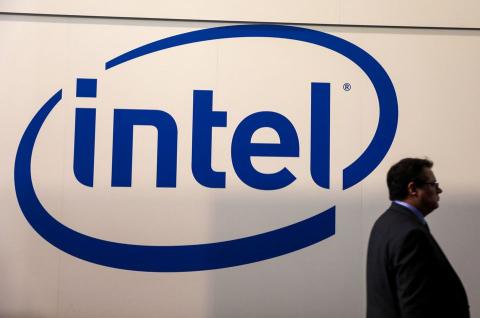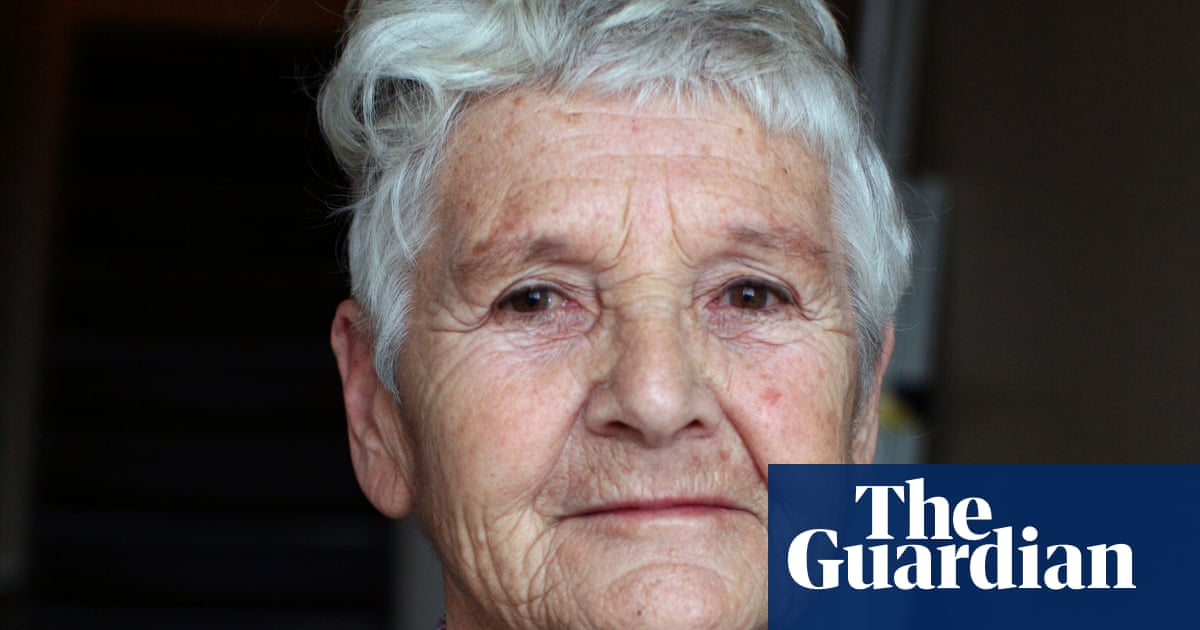
Intel Corp co-founder Gordon Moore, a pioneer in the semiconductor industry whose "Moore's Law" predicted a steady rise in computing power for decades, died Friday at the age of 94, the company announced.
Intel and Moore's family philanthropic foundation said he died surrounded by family at his home in Hawaii, Reuters reported.
Co-launching Intel in 1968, Moore was the rolled-up-sleeves engineer within a triumvirate of technology luminaries that eventually put "Intel Inside" processors in more than 80% of the world's personal computers.
In an article he wrote in 1965, Moore observed that, thanks to improvements in technology, the number of transistors on microchips had roughly doubled every year since integrated circuits were invented a few years before.
His prediction that the trend would continue became known as "Moore's Law" and, later amended to every two years, it helped push Intel and rival chipmakers to aggressively target their research and development resources to make sure that rule of thumb came true.
"Integrated circuits will lead to such wonders as home computers - or at least terminals connected to a central computer - automatic controls for automobiles, and personal portable communications equipment," Moore wrote in his paper, two decades before the PC revolution and more than 40 years before Apple launched the iPhone.
After Moore's article, chips became more efficient and less expensive at an exponential rate, helping drive much of the world's technological progress for half a century and allowing the advent of not just personal computers, but the internet and Silicon Valley giants like Apple, Facebook and Google.
Even though he predicted the PC movement, Moore told Forbes magazine that he did not buy a home computer himself until the late 1980s.
A San Francisco native, Moore earned a PhD in chemistry and physics in 1954 at the California Institute of Technology.
He went to work at the Shockley Semiconductor Laboratory where he met future Intel cofounder Robert Noyce. Part of the "traitorous eight," they departed in 1957 to launch Fairchild Semiconductor. In 1968, Moore and Noyce left Fairchild to start the memory chip company soon to be named Intel, an abbreviation of Integrated Electronics.
Moore and Noyce's first hire was another Fairchild colleague, Andy Grove, who would lead Intel through much of its explosive growth in the 1980s and 1990s.












